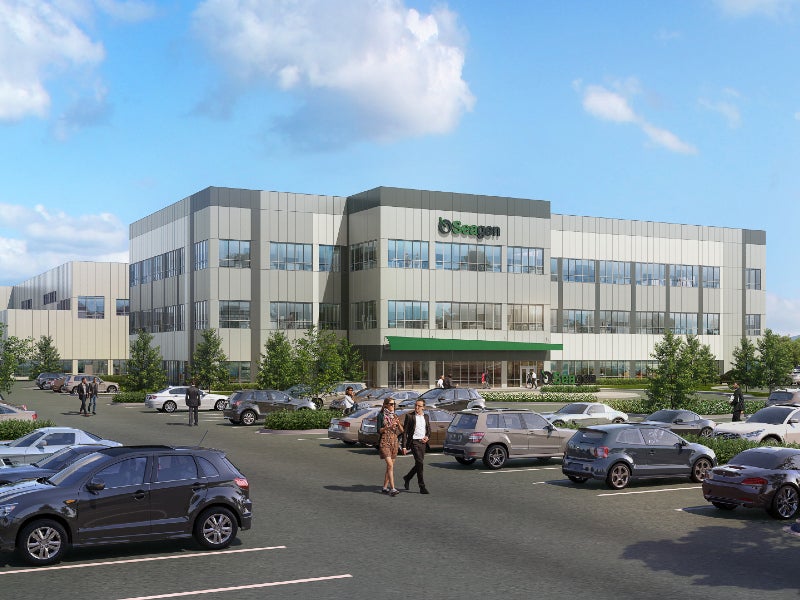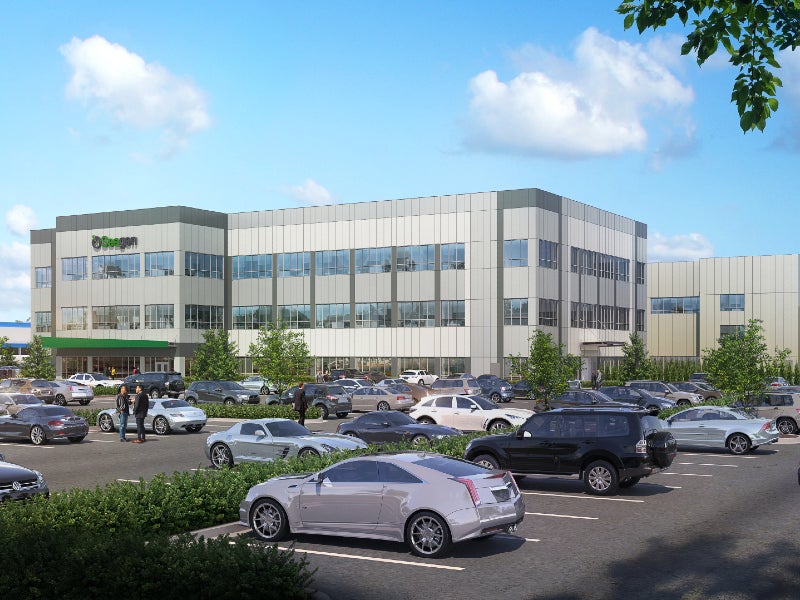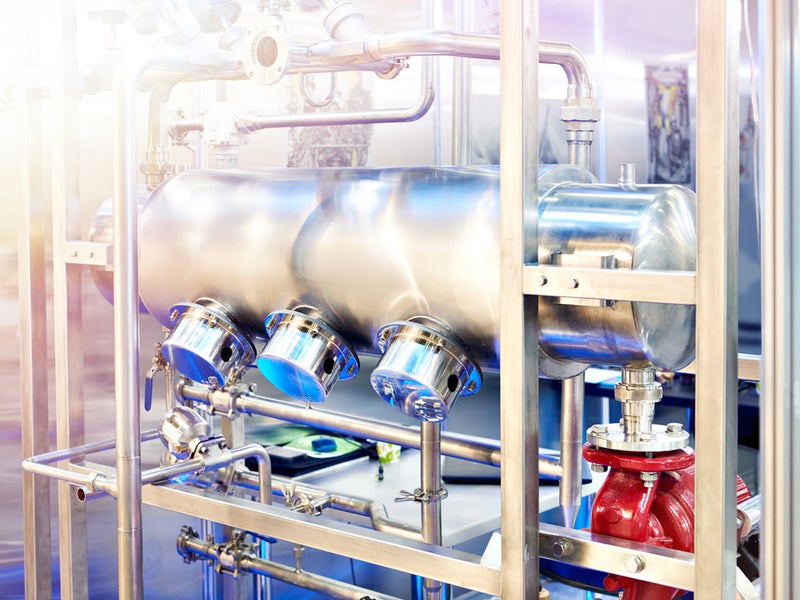Seagen, a biotechnology company based in the US, planned to build a biomanufacturing facility in Everett, Washington, in April 2022, to expand its biomanufacturing capacity in the US Pacific Northwest region and allow better control and flexibility in the production of cancer medicines for clinical trials and commercial markets worldwide.
The facility was planned to be built with an estimated investment between $350m and $400m and due to become operational in late 2024.
But US-based biopharmaceutical company Prizer acquired Seagen in December 2023 and chose to discontinue the project in March 2024 after assessing its capacity requirements and manufacturing network based on the anticipated demand for products.
The plant was expected to employ 200 people. The termination impacted 120 employees involved in setting up the site initially.
The products intended to be manufactured at the site will now be manufactured largely at Pfizer’s Sanford site in North Carolina, which has increased capacity with its ongoing expansion.
Location
A site at 215 Shuksan Way in Everett City in Snohomish County was originally chosen to build the facility. The site lies to the north of Seagen’s headquarters in Bothell, Washington.
Seagen’s halted Everett manufacturing facility details
Seagen’s manufacturing plant was intended to be built on a 270,000ft² (25,084m²) site covering 20.5 acres (8.2 hectares) of land in Everett. The company leased the site for 20 years in June 2021.
It was planned to be a fully-integrated facility to be used for manufacturing biologics medicines and for laboratory and office activities, allowing Seagen to remain agile and flexible in manufacturing for cancer research and development to build its cancer drug pipeline.
Seagen’s product portfolio
Seagen utilises antibody-drug conjugate (ADC) and sugar-engineered antibody (SEA) technologies to develop cancer therapies. ADC technology leverages the targeting power of antibodies to deliver therapeutic drugs to the tumour, an approach that offers better efficacy while bringing down the side effects for patients. SEA technology improves the body’s immune response to tumours.
Seagen is working on 17 programmes with drug candidates across all the stages in its pipeline for a range of solid tumours and haematologic malignancies. The approved therapies among them are ADCETRIS® (brentuximab vedotin), a CD30-directed antibody-drug conjugate used for treating previously untreated classical Hodgkin lymphoma patients.
ADCETRIS is also used for treating systemic anaplastic large cell lymphoma or other CD30-expressing peripheral T-cell lymphomas, including angioimmunoblastic T-cell lymphoma. The drug received initial US FDA approval in 2011.
PADCEV (enfortumab vedotin-ejfv) is a Nectin-4-directed antibody and microtubule inhibitor conjugate used for treating patients with locally advanced or metastatic urothelial cancer who previously received programmed death receptor-1 (PD-1) or programmed death-ligand 1 (PD-L1) inhibitor and platinum-containing chemotherapy. It received initial FDA approval in 2019.
TUKYSA (tucatinib) is a kinase inhibitor prescribed in combination with trastuzumab and capecitabine for treating patients with advanced unresectable or metastatic HER2-positive breast cancer. The drug received initial FDA approval in 2020.
TIVDAK (tisotumab vedotin-tftv) is a tissue factor-directed antibody and microtubule inhibitor conjugate used in the treatment of patients with recurrent or metastatic cervical cancer with progressive disease or after chemotherapy. The drug secured initial approval from the FDA in 2021.
Contractors involved
Dermody Properties, a real estate development and management company, was involved in developing the project.
Skanska, a construction and development company based in Sweden, signed a $215m contract with Seagen to build the facility in August 2023.
Barghausen Consulting Engineers, a civil engineering company in the US, was involved in civil engineering and land surveying for the project.
Isolatek International, a provider of passive fire protection, supplied its CAFCO BLAZE-SHIELD HP/ISOLATEK Type HP & CAFCO FENDOLITE M-II/P / ISOLATEK Type M-II/P spray-applied fireproofing material (SFRM) for the project.
Others involved in the project included NELSON Worldwide, an architecture firm based in the US, Foushee, a construction service provider based in the US, SABA+BA, an architecture and planning firm based in the US, Fluor, an engineering, procurement and construction company based in the US, and Terra Associates, an engineering consultant based in the US.





